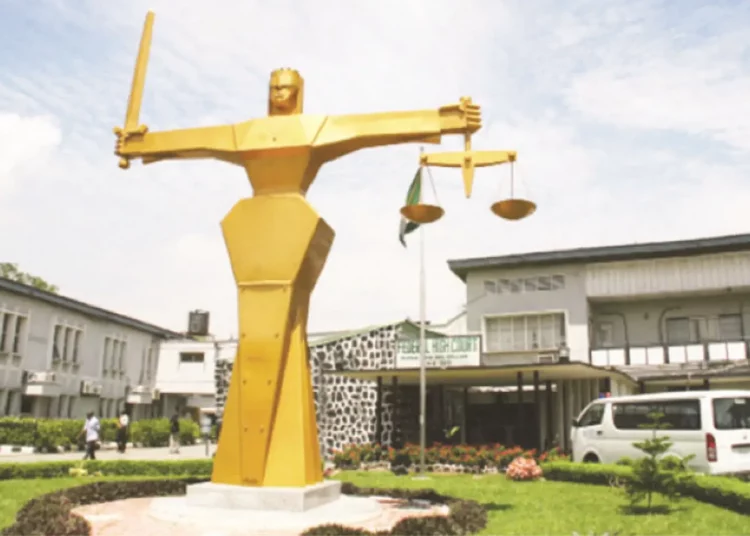Socio-Economic Rights and Accountability Project (SERAP) has urged the Federal High Court in Lagos to compel the 36 state governors to pay the counterpart funds to access over N51 billion matching grants earmarked by the Universal Basic Education Commission (UBEC) for basic education in the country.
SERAP is specifically asking the court for an order of mandamus compelling state governors from redirecting public funds budgeted to pay ex-governors life pensions, to pay the counterpart funds so that poor children in the country can enjoy access to quality basic education in their various states.
In the suit number FHC/L/CS/1120/2022 filed last week, the civil society organisation is also asking the court for an order of mandamus to direct and compel the 36 state governors to put in place mechanisms for transparency and accountability in the spending of any accessed matching grants from UBEC.
The respondents in the suit, which is yet to be assigned to a judge, are: the Universal Basic Education Commission (UBEC) and the Minister of the Federal Capital Territory.
In an affidavit attached to the suit, SERAP argued that state governors are paying former governors in their states billions of naira in life pensions and other retirement benefits while failing to invest in education and pay funds that would allow poor Nigerian children within their states to enjoy access to quality education.
It is maintained that paying the counterpart funds for basic education in several states would be a major step forward for children’s rights, and ensure the rights and well-being of all children, regardless of their socio-economic backgrounds.
The organisation claimed that a report by UBEC that several states have failed to access N51.6 billion of matching grants suggests that these states are doing very little for poor children and that It explains why the number of out-of-school children in the country has continued to rise.
SERAP is also arguing that, “states’ dereliction in paying counterpart funds is antithetical to the Nigerian Constitution 1999 [as amended], the Compulsory, Free Universal Basic Education Act, and the country’s international human rights obligations.”
“The persistent failure to pay counterpart funds has hugely contributed to denying poor Nigerian children access to quality basic education, opportunities and development.”
“This situation is patently contrary to Section 18 of the Constitution of Nigeria 1999 [as amended]; and the Sections 2(1) and 11(2) of the Compulsory, Free Universal Basic Education Act.”
“States are required to progressively implement socio-economic rights including the right to quality education commensurate with the level of resources available. Gross misallocation of resources to the detriment of the enjoyment of the right to quality education constitutes a human rights violation,” SERAP stated.
No date has been fixed for the hearing of the suit.





